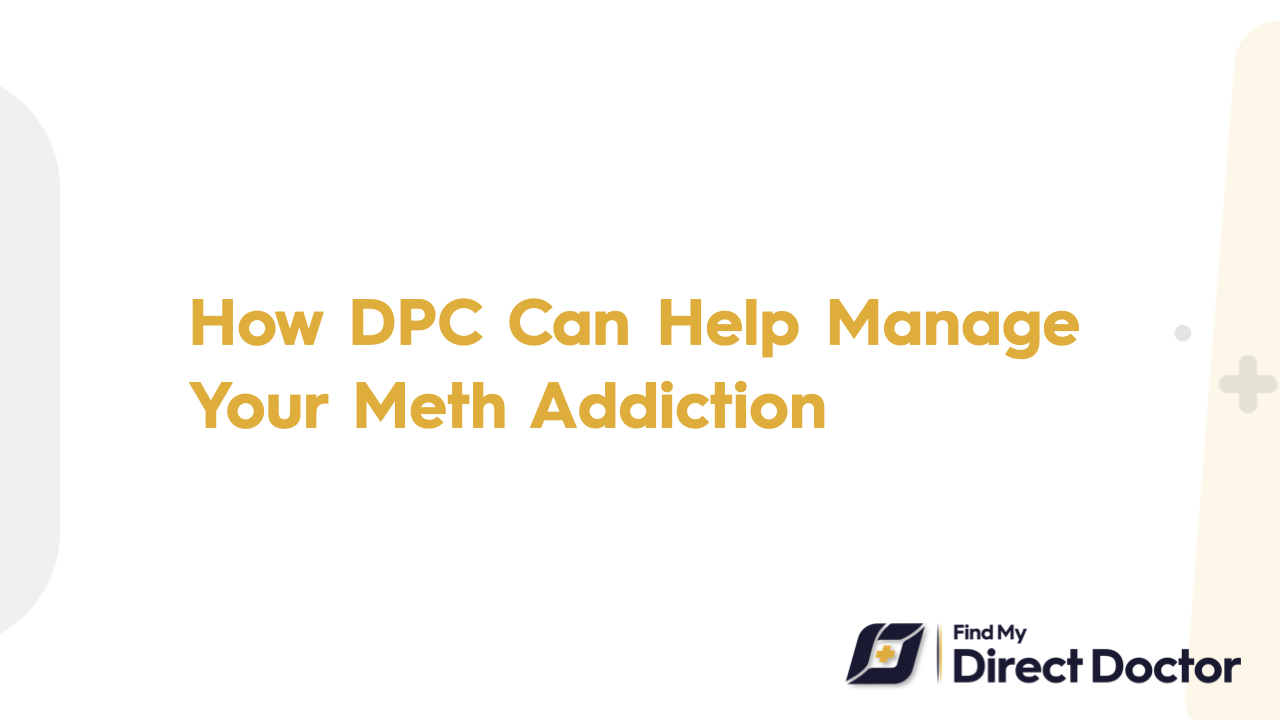



The uncontrollable use of methamphetamine, a potent stimulant drug, is the hallmark of methamphetamine addiction, often known as meth addiction, a chronic and compulsive condition. By raising dopamine levels in the brain, methamphetamine usage produces extreme exhilaration, but it can also induce serious physical and psychological dependence over time. Despite being aware of the detrimental consequences meth has on their health and wellbeing, people who are addicted to the substance may find it difficult to quit.

The intensity and length of meth usage determine the symptoms of addiction. A fast heartbeat, elevated blood pressure, elevated body temperature, and decreased appetite are typical physical signs. Insomnia, agitation, anxiety, and paranoia are some possible symptoms. Behavioral changes like unpredictable or violent behavior, social disengagement, and disregard for personal hygiene may be seen as the addiction worsens. Chronic meth usage can cause significant dental problems, or "meth mouth," as well as cognitive deficits, skin rashes, and hallucinations.
For the treatment of meth addiction, Direct Primary Care (DPC) provides a tailored, patient-centered approach. In contrast to conventional healthcare environments, DPC providers are free to spend more time with patients, which enables them to develop a rapport based on trust. For those who are battling addiction, this can be crucial since it offers a secure environment in which they can freely talk about their difficulties. Patients can handle cravings, withdrawal symptoms, and mental health issues related to meth addiction with the help of DPC, which offers continuing support, counseling, and treatment alternatives.
To guarantee a thorough treatment plan, DPC providers can also coordinate care with specialists like addiction counselors or mental health specialists. DPC enables the treatment plan to be modified as necessary in response to the patient's progress through ongoing monitoring and routine examinations. By addressing the mental and physical components of meth addiction, this holistic approach to care offers a more thorough road to recovery.
The ongoing, tailored support that Direct Primary Care provides is one of its main advantages for patients struggling with meth addiction. It can be difficult for people in recovery when they have restricted access to their healthcare practitioner in typical healthcare systems. DPC makes it simple and straightforward for patients to get in touch with their primary care physician, which encourages regular tracking of their mental health, addiction treatment, and overall wellness.
DPC also emphasizes preventive treatment, which is essential for those in addiction recovery. Patients can have routine examinations for mental health issues including anxiety and depression, which frequently coexist with substance misuse, using a DPC paradigm. Early treatment of these co-occurring illnesses can improve overall recovery outcomes and lower the risk of recurrence. DPC's one-on-one care also enables customized guidance on diet, exercise, and lifestyle modifications, all of which can promote long-term healing and overall well-being.
Direct Primary Care places a strong emphasis on individualized treatment, particularly for complicated illnesses like meth addiction. Since every patient's road to recovery is different, DPC providers take the time to learn about each person's background, triggers, and difficulties. DPC can meet patients' short-term and long-term demands by emphasizing a personalized treatment plan, which guarantees that their addiction is treated in a way that complements their lifestyle and health objectives.
DPC allows treatment plans to be modified on a frequent basis in response to the patient's progress and any new problems that emerge during the healing process. A mix of behavioral therapy, medication-assisted treatment, mental health counseling, and lifestyle changes may be part of this individualized care. It is simpler to control urges, deal with stress, and lead a substance-free life when the patient and their DPC provider have a tight relationship that guarantees ongoing support and assistance. The likelihood of long-term sobriety and a successful recovery is greatly increased by this method.
Previous Post